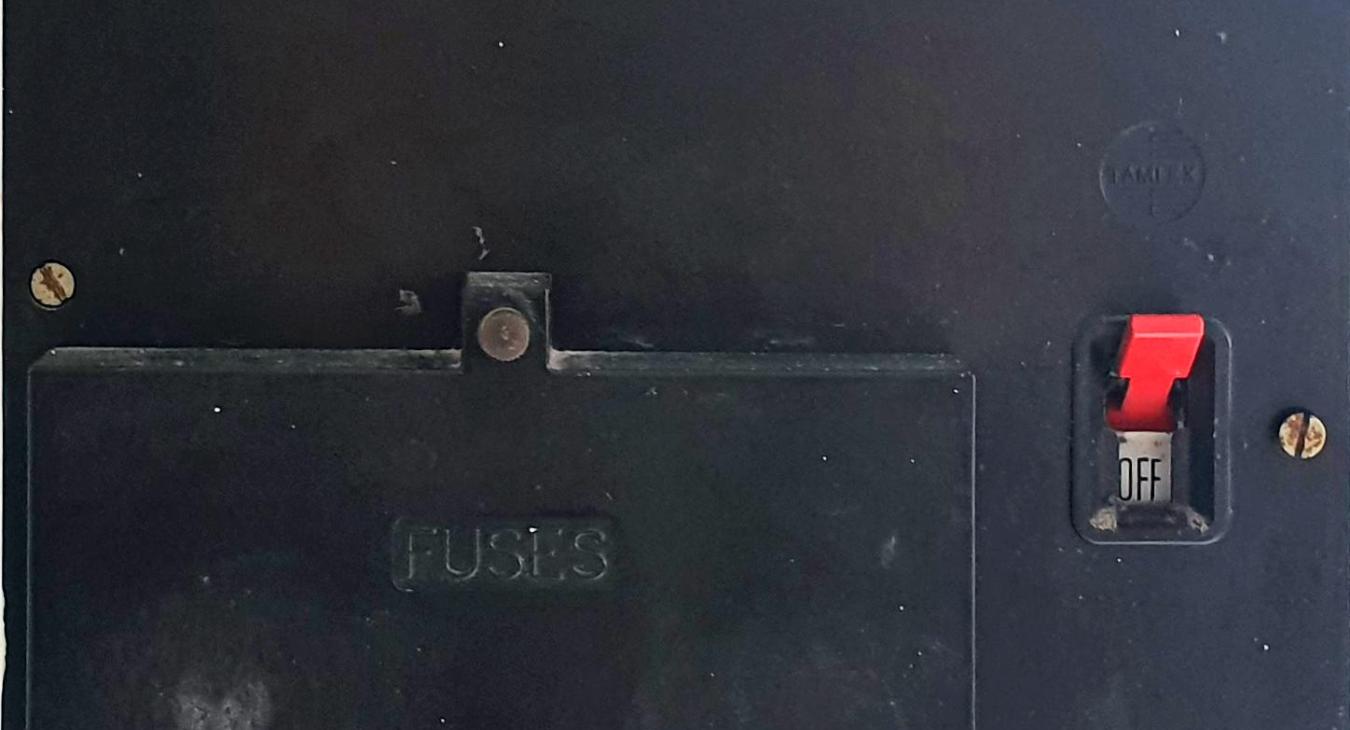
This is a question we get asked a lot in and around Sleaford. It’s completely understandable that clients might question this when their fusebox has been quietly working away in the background, not causing them any issues for years.
However, just because something has been working, it doesn’t mean it’s safe. What was considered the best twenty years ago may now be obsolete and in a few cases actually unsafe. Take the use of asbestos for instance.
Replacing your fusebox will improve the standard of safety in your home, and therefore protect you and your family.
In 2008 the electrical wiring standards and regulations changed meaning all circuits required a Residual Circuit Device (RCD) protection by law. AN RCD is a life saving device which is designed to prevent you from getting a fatal electric shock if you touch something live. Having a modern consumer unit (fusebox) fitted with RCDs gives you the best protection because they usually cover all the wiring, sockets and appliances in your home.
So… when is a good time to replace my fusebox?
There are a combination of things that may lead to a must have replacement, and these can only really be determined by ordering an EICR (Electrical Inspection Condition Report) to be carried out by an experienced and qualified electrician, although such an electrician could probably tell a lot from a visual inspection alone.
In an ideal world, everyone would upgrade their fuse box as soon as a newer and safer version became available. However, realistically good times to upgrade could be when buying or selling a house, or when carrying out electrical works within the property e.g. a kitchen or bathroom upgrade. There are an increasing number of surveyors that will fail their survey if your home has an outdated fuse board.
In addition to ensuring your fusebox meets the latest regulations, you may also need a replacement if you notice flickering lights or plug sockets that don’t work or fuses tripping regularly.
In January 2019, the 18th Edition Wiring Regulations brought changes which raised the bar on electrical safety even higher.
For example, where previously a single RCD was protecting a number of circuits, now each circuit will have its own separate RCD protection with the use of RCBOs. An RCBO (Residual Current Breaker with Over-Current) protects against both earth leakage and over-current.
We also saw the introduction of Surge Protection Devices (SPDs). SPDs protect all of your electrical devices in the case of an excess amount of electricity being introduced into your electrical installation, most commonly after lightning strikes in the area.
So as you can see, a lot has happened in the electrical world in the past few years! In all cases, it’s always best to consult a qualified electrician who will be able to guide you on the best way forward.
Please feel free to call us today and we will be more than happy to help answer any questions or give you some advice.






